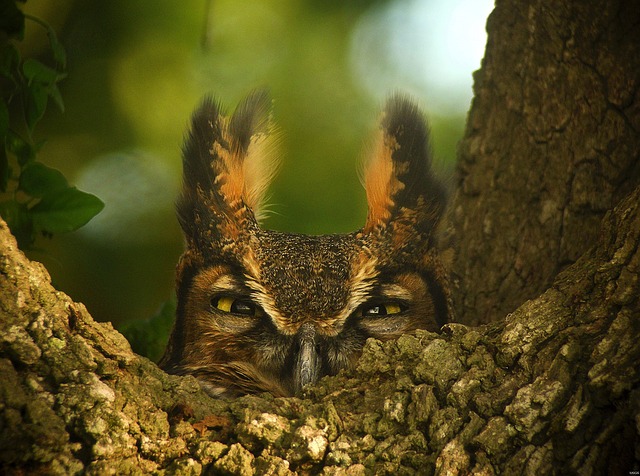Which are you – Night Owl or Lark?
Are you one of those people who finds it a breeze to drift off after a long day of work? Do you generally feel O.K. after your coffee and breakfast bar? OR are you one of those people who feels sluggish throughout the day, strangely alert at midnight and the thought of a 6:30 alarm makes you feel physically sick?
Just to clarify, I’m not talking about being an insomniac, or being generally a bit lazy. I’m talking about the fact that some people have a different biological body clock than others. I’m talking about circadian rhythms. I’m talking about being a Night Owl.
Most night owls will have heard all the advice before: cammomile tea, turn off your devices an hour before bed, read a book, have a lavender bath, meditate…the list goes on. The simple fact is however, no amount of deep breathing and soaking in the tub can change a night owls natural cycle. That’s because unlike Larks (a term used for the early riser/normal bedtime chaps), night owls have a circadian rhythm that does not fit around socially accepted sleeping and waking times.
Wait, what’s a “circadian rhythm”?
As I mentioned before, if you have ever been dubbed ‘lazy’ due to being a night owl, you can be safe in the knowledge that there is likely good reason why you feel tired in the mornings and alert at night.
Each person has an in-built body clock – a circadian rhythm. And put simply, not everyone’s is the same. It’s estimated that around 20% of people are night owls. A night owl’s body is simply hard-wired to feel sleepy and awake at different times around a 24-hour clock than that of a Lark.
What does being a Night Owl mean for my health?
Despite the obvious – you might struggle with a 9 to 5 job more than most, there have been various studies into circadian rhythms.
Here’s the bad news:
- You are more likely to have a higher percentage of body fat – think – all those midnight snacks!
- You have a slightly increased risk of developing diabetes
- You may generally suffer poor sleep quality
- You are at a slightly higher risk of developing depression.
Don’t worry…it’s not all bad!
These are the things that should make you feel good about being a night owl:
- You might be cleverer – some stuides show night owls have a higher than average intellectual ability
- You are likely more creative – think of all those hobbies you can perform in the evenings!
- If you’re a new parent, you may find round the clock baby duty easier than your lark counterparts.
All jokes aside, whether you’re a lark or a night owl, you should still try and practice good ‘sleep hygiene’.


1 thought on “How Being a ‘Night Owl’ Affects Your Health”